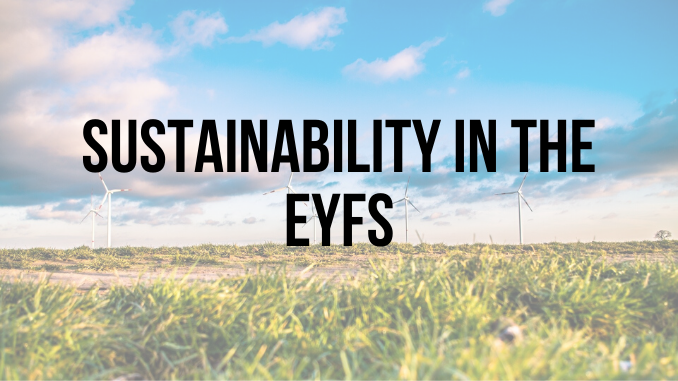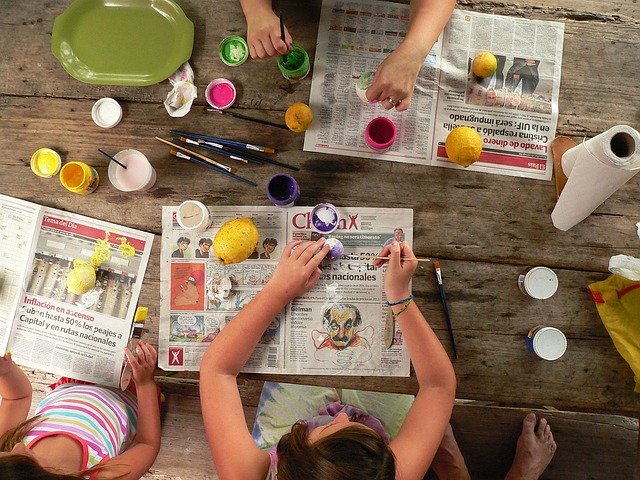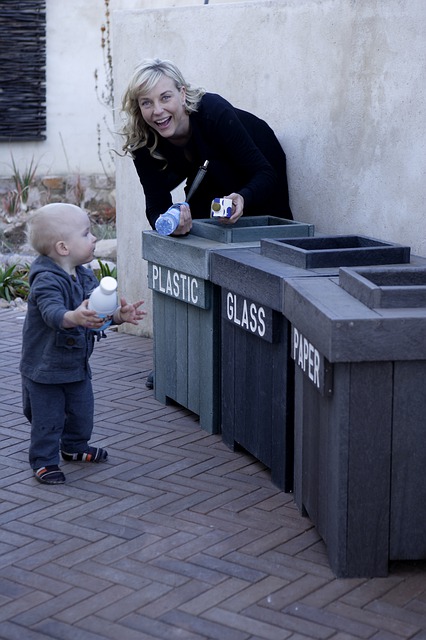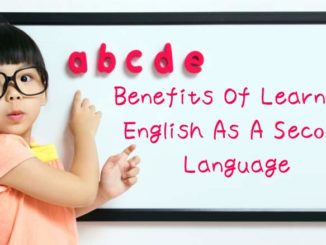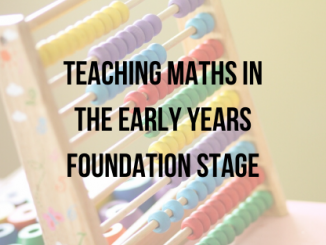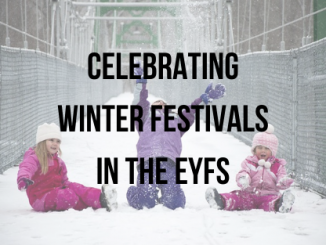Sustainability and environmental concern are rightly gaining traction as popular subjects and points of consideration in all sorts of spheres of life and Early Years is no different. Articles and opinion pieces on Sustainability are becoming more commonplace and many settings are choosing to work towards sustainable practice and awards such as EcoSchools.
What is sustainability?
So, to join the discussion on sustainability in the Early Years Foundation Stage it is first important to consider what sustainability as a whole actually means. The word sustainability itself literally refers to keeping something going or, based on resources, maintaining resources so we don’t run out (Reid & Petocz, 2006)
However, the idea of sustainability as a concept is necessarily bound up with the idea of justice and is more holistic than continuity or resources, it is a systemic, intergenerational and multi-dimensional concept. Sustainability may be considered to be meeting the needs of the current generation without compromising the needs of future generations; a kind of intergenerational equity (WCED, Brundtland Report, 1987) An African elder is quoted as saying that sustainability simply means ‘Enough for all forever’ (cited in Hopkins, 2009)
In thinking about sustainability in the Early Years we must acknowledge these economic, social and political dimensions of sustainability, which are also outlined by UNESCO (2010) and respond urgently, participating in the ‘Critical Decade’ (DCCEE, 2011).
What role does Early Years have in sustainability?
The role of Early Years education in sustainability has not long been recognised, despite sustainability being recognised in both primary and secondary education. Elliott and Davis (2009) offer several reasons for this including the historical nature focus in Early Years being considered sufficient for covering sustainability, and a belief that sustainability is too abstract and not relevant for very young children. In 2008, an international publication Early childhood and its contribution to a sustainable society (UNESCO) identified the role of Early Years education in educating for sustainable futures.
However, we can argue for the inclusion of sustainability in Early Years services based on the future health and well-being of all children and the impact of current unsustainable practices for future generations.
As well as the impact on the future, there is already some research identifying the developmental impacts of climate change for young children now. The argument is that children are at an important and rapid developmental phase from birth to 8 years and adverse experiences during this time have life-long implications. Issues caused by climate change such as drought, famine, heatwaves, bushfire, and flooding have profound impacts upon children including sickness and family dislocation (Currie & Deschenes, 2016; Strazdinis & Skeat, 2011) and these are incidences that we have seen increasing in recent years.
Furthermore, there is a unique opportunity in early years education to instil different ways of thinking and different ways of living and being, now and for the future.
What might it practically look like?
Environmental Education (EE) is now considered a somewhat historical concept, although it is still common in some parts of the world. EE was defined as – education in the environment, education about the environment and education for the environment to promote action and advocacy. The Forest school approach may fall within this remit, and there are certainly major arguments for continuing Environmental Education, but it is simply not the whole picture.
Education for Sustainability (EfS) or Education for Sustainable Development (ESD) are the terms most commonly applied today, and these seek to incorporate more of the social and political ideas related to Sustainability. However, the debate on what to call this teaching and learning, and what to include in it is ongoing
So alongside the theoretical debates on what should be included, there are very practical considerations that we can take into our everyday practice within the EYFS. For example;
- How might we use less, ‘make do’ or repurpose more often in settings?
- How is waste minimised and recycling implemented with waste packaging?
- Is there a purchasing policy that considers the origins, material, repair-ability or open-mindedness of anything sought from shops or suppliers?
- How are art materials selected to minimise impacts?
Too often we buy specific craft materials that are used for one thing and then sent home. When we think about sustainability, we may begin to reconsider the use of plastic in settings and begin to experiment with craft materials that can be reused.
- What cleaning practices are in place, and could they be more sustainable by using plant-based products purchased in bulk?
- How are plastics used for hygiene? Baby wipes? Nappy changing gloves? Aprons? Disposable nappies? Are there better alternatives?
- Does your setting promote and encourage breastfeeding?
Baby formula and disposable nappies are big contributors to energy use and landfill. Settings can help by making breastfeeding friction-free by allowing mothers to come in to nurse their children and can promote and encourage the use of reusable nappies and wipes. When it comes to staff PPE some settings have found suitable alternatives such as aprons that are wiped down with antibacterial spray.
- How is water conserved in sand or water trough play, what limits are established with children?
- Are there dual flush toilets used effectively and low flow bathroom taps?
- How is energy efficiency maintained through the appropriate selection of rated appliances, switching off lights, closing blinds, external building shade, solar hot water etc.
Limiting excessive use of water and energy in settings is not only good for the environment but help to keep running costs slightly lower too.
- How is the setting involved in local community environmental or sustainability events?
- Are there book or clothes swaps available for parents to minimise new purchases?
Sustainability is about the whole community, and involving parents and children in practical ways is part of promoting sustainability within the setting and the community.
References:
Commonwealth of Australia Department of Climate Change and Energy Efficiency (DCCEE) (2011). Australian Climate Commission Report: The Critical Decade. Canberra: Department of Climate Change and Energy Efficiency.
Currie, J. & Deschenes, O. (2016). Children and climate change: Introducing the issue. The Future of Children, 26(1), 3-9.
Hopkins, C. (2009). Enough, for all, forever: The quest for a sustainable future. Education Canada, 49 (4), 42-46.
Reid, A. & Petocz, P. (2006). University lecturers’ understanding of sustainability. Higher Education. The International Journal of Higher Education and Educational Planning, 51(1), 105-123.
Strazdinis, L. & Skeat, H. (2011). Weathering the future: Climate change, children and young people and decision making. Canberra: Australian Research Alliance for Children and Youth.
UNESCO (2008). Early childhood and its contribution to a sustainable society. Paris: UNESCO.
UNESCO. (2010). Four Dimensions of Sustainable Development Retrieved from http://www.unesco.org/education/tlsf/mods/theme_a/popups/mod04t01s03.html
UNESCO (2014a) Shaping the future we want: UN Decade of Education for Sustainable Development (2005-2014) final report. Paris: UNESCO.
World Commission on Environment and Development (WCED) (1987). The Brundtland report: Our common future. Oxford, UK: Oxford University Press.

